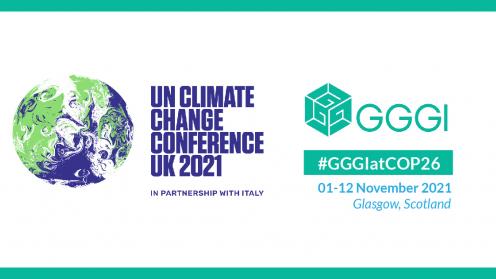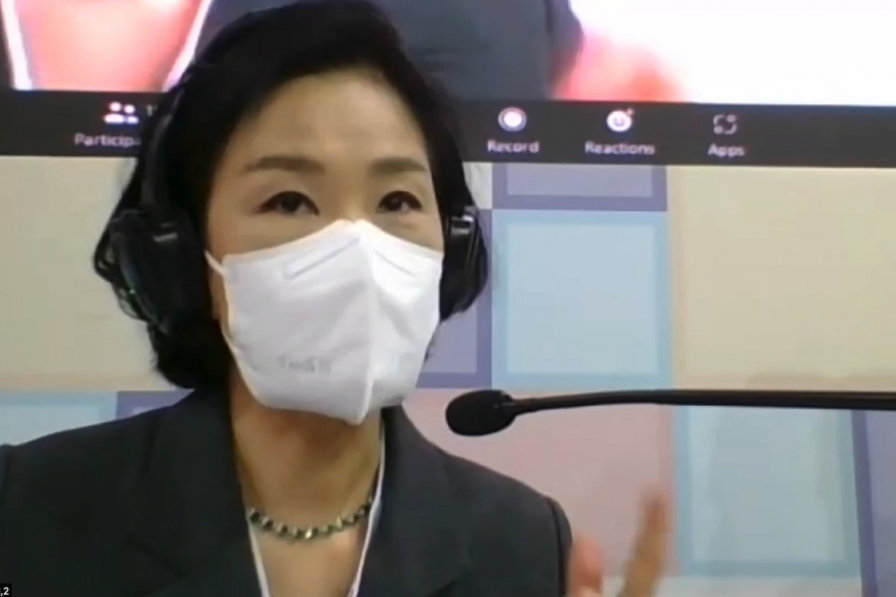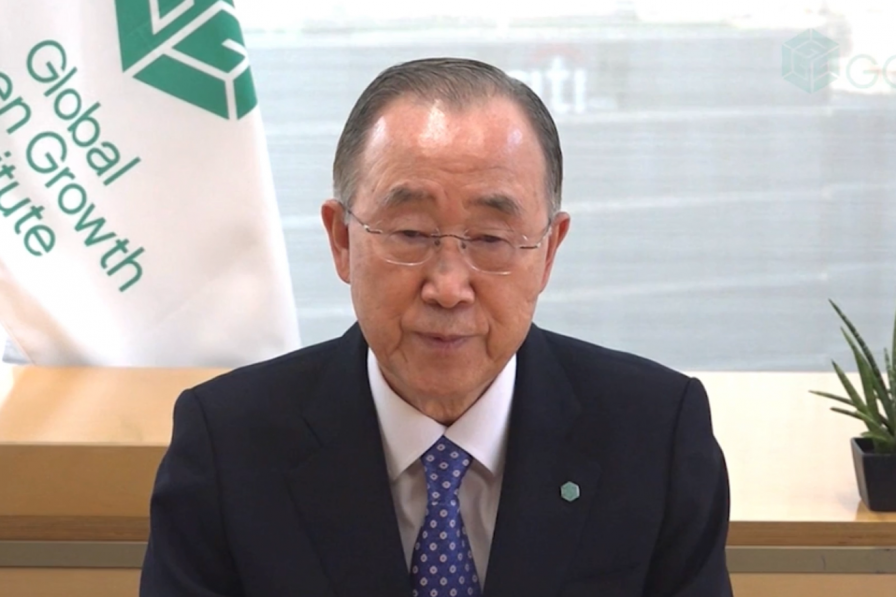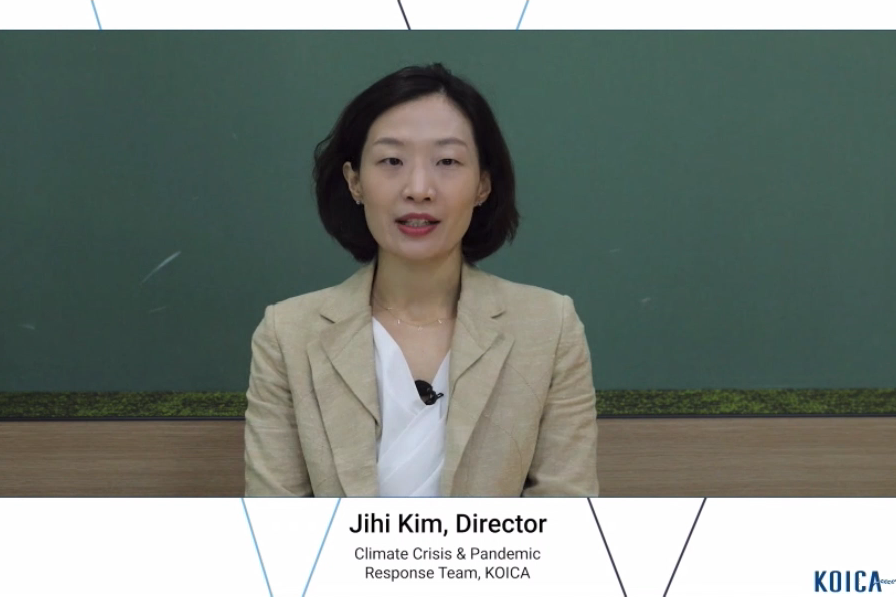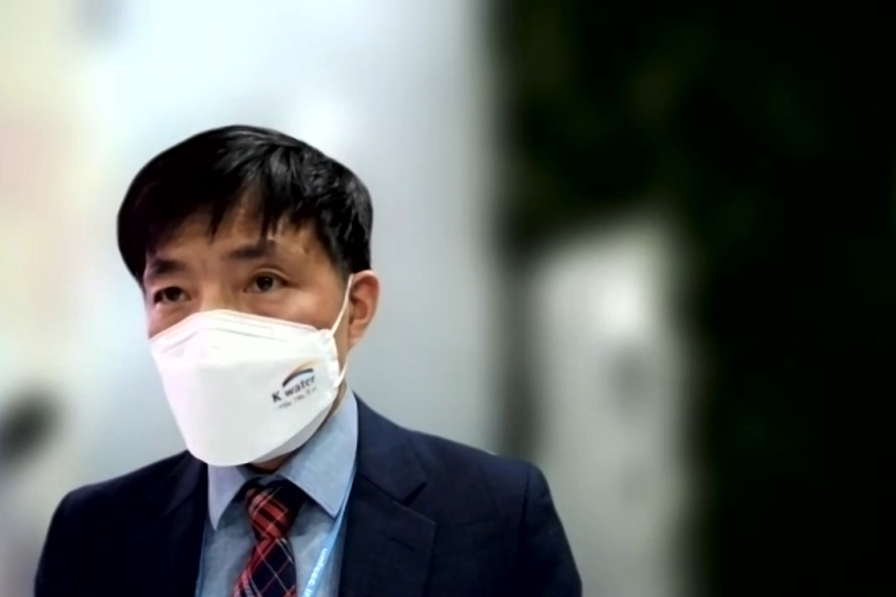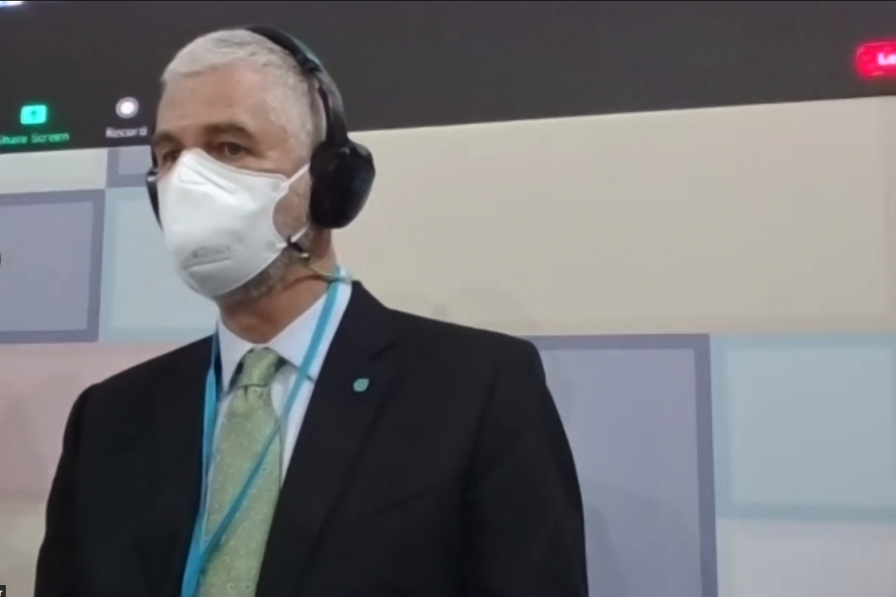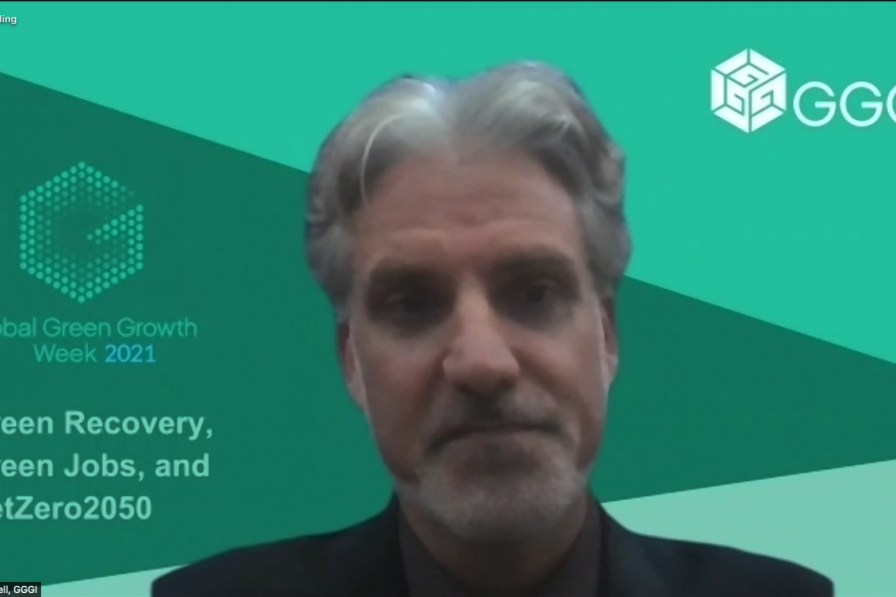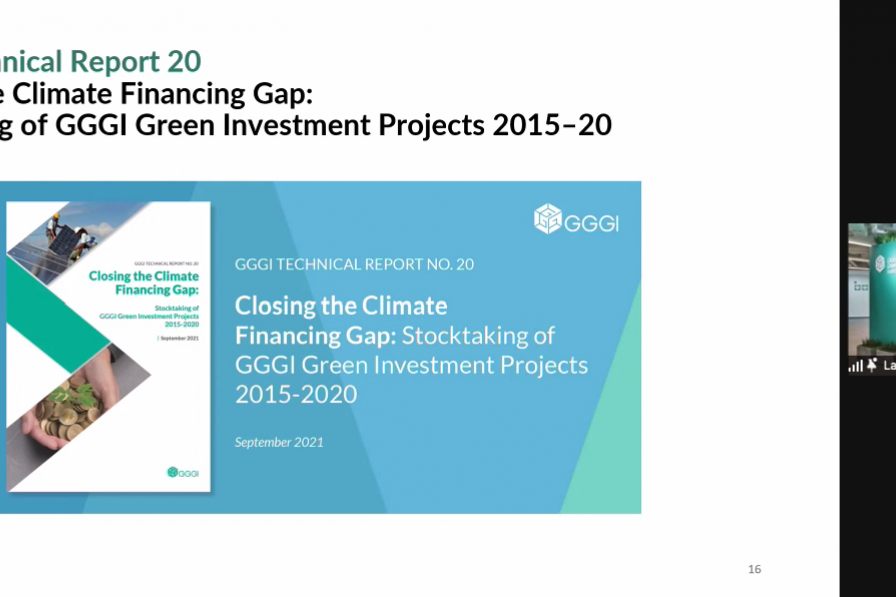Upscaling Green Climate Financing and Green ODA for Climate Action and Green Recovery of Developing Countries
Addressing climate change requires significant resources. According to a report prepared by the Climate Bonds Initiative, investment in climate projects must reach USD 90 trillion by 2030 to adequately address the threat of climate change. The world is still far from this target, despite the USD 100 billion per year for climate mitigation and adaptation pledged by developed countries under the Paris Agreement. A range of financing options is clearly needed to address climate change. This event focused on financing initiatives for climate action and green recovery through bilateral official development assistance (ODA) and other funding sources. The event was organized by the Global Green Growth Institute (GGGI) and the Korea Water Resources Corporation (K-water).
Opening Remarks
The event was moderated by Frank Rijsberman, Director General, GGGI. Ban Ki-moon, President and Chair, GGGI, underlined that to achieve sustainable and inclusive development and resilience for all countries, three elements are required: achieving net zero emissions by 2050; catalyzing access to green finance; and increasing the green share of ODA. He praised the Republic of Korea’s increased greenhouse gas (GHG) emissions reduction target of 40% by 2030 as part of its efforts to achieve net zero by 2050.
Yong hwan Kim, K-water, expressed surprise that only a small portion of financial stimulus has been assigned to adaptation despite developing countries’ significant financing requirements. He highlighted the Memorandum of Understanding, recently signed by K-water, the Korean Ministry of Environment and GGGI, to pursue multilateral cooperation to sustain the momentum for a green transition in developing countries. Kim said now is the time to think about how to accelerate carbon neutrality and stop global warming.
Hyoeun Jenny Kim, Ambassador and Deputy Minister for Climate Change, Ministry of Foreign Affairs, Republic of Korea, presented on her country’s strategy for financing green recovery and climate action in developing countries. She highlighted the intended establishment of the Korean Green New Deal fund which will be located in GGGI, as well as the country’s goal of tripling its green ODA by 2025. Kim underscored that public funds alone cannot meet the climate financing requirements, stressing the need to mobilize private investment, and said the Green New Deal Fund will play a role in leveraging private sector finance.
Jihi Kim, Director, Climate Crisis and Pandemic Response, Korea International Cooperation Agency (KOICA), discussed the potential for green ODA to promote sustainable development and climate action, and underlined the Republic of Korea’s Green New Deal ODA strategy. She described KOICA’s Mid-term Strategy for Climate Action, which aims to: support the achievement of carbon neutrality by 2050; support green recovery and climate adaptation; and strengthen green climate partnership including climate finance and technology. Kim showcased the Fiji Agrophotovoltaic Project, which installed solar photovoltaic panels and also grew crops underneath them, to contribute to both mitigation and adaptation. She explained that the project finance included a KOICA grant, a Green Climate Fund (GCF) loan, private equity, and co-financing from the Government of Fiji, altogether totaling about USD16 million.
Aaron Russell, GGGI Uzbekistan Country Representative, presented on support from the Government of the Republic of Korea for the Green Rehabilitation Investment Project for Karakalpakstan Republic to Address Impacts of the Aral Sea Crisis. He explained the project is a collaboration between the Republic of Korea and GGGI, and aims to:
- equip Karakalpakstan with a Green Recovery Investment Planning Strategy that will provide a policy framework for a viable sustained growth pathway;
- increase farmers’ resilience to climate change and Aral Sea disaster risks;
- equip local entrepreneurs with climate-resilient agribusiness models; and
- provide improved access to finance for climate-resilient agri-business, micro, small and medium enterprises, and farmers across Karakalpakstan.
Lasse Ringius, Director and Head of Green Investment Services, GGGI, discussed GGGI's experience with investment mobilization to scale up climate finance for a green recovery. He explained GGGI works on policies, roadmaps, and strategies to improve the enabling environment in countries, and focuses on ensuring projects are presented to investors in a “bankable condition.” Ringius provided examples of the GGGI’s support to countries, such as the Viet Nam Green Bond Readiness Program, which, he explained, focuses on creating a domestic market for green bonds, through policy reform, capacity building for green bond ecosystems, and green bond pilot issuances.
Virana Sonnasinh, Acting Director General, Department of Planning and Finance, Lao People’s Democratic Republic (Lao PDR), presented on the mobilization of climate finance to support climate action in his country. He highlighted that Lao PDR’s Nationally Determined Contributions (NDCs) estimate a need of USD 1.4 billion and USD 0.97 billion to implement the identified mitigation and adaptation measures, respectively, while the annual climate change commitments to the country was USD 619 million between 2015 and 2018. Sonnasinh outlined support from the Republic of Korea, including a USD 6.7 million wastewater treatment project being implemented by GGGI.
Henry Gonzalez, Director, Private Sector Facility, GCF, highlighted that to increase climate finance, providing an enabling environment that is conducive for capital finance investments is crucial. He said the GCF engages in readiness programmes and provides USD 1 million per year to all countries to achieve finance readiness. He highlighted the approval of the Catalytic Capital for First Private Investment Fund for Adaptation Technologies in Developing Countries, which was the first private sector investment fund for adaptation.
In the subsequent discussion, speakers addressed how biodiversity considerations and other co-benefits are integrated into strategies and projects, and the need for developing countries to achieve a green transition.
CONTACT
Ingvild Solvang, GGGI | Ingvild.solvang@gggi.org
Seung-yeon Stella Lee, GGGI | seung.lee@gggi.org
MORE INFORMATION
To receive free coverage of global environmental events delivered to your inbox, subscribe to the ENB Update newsletter.
